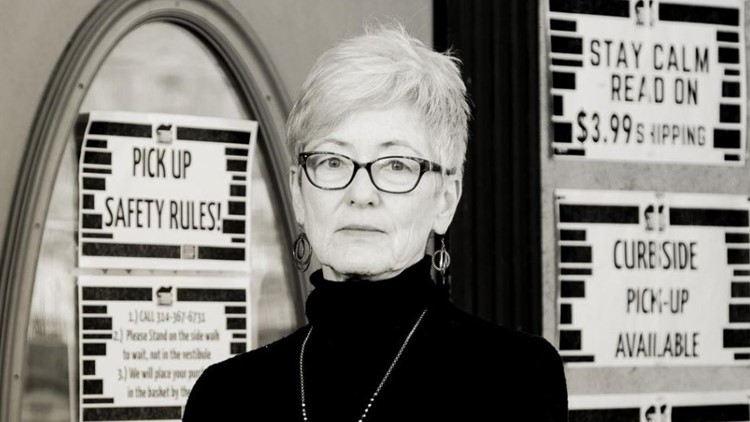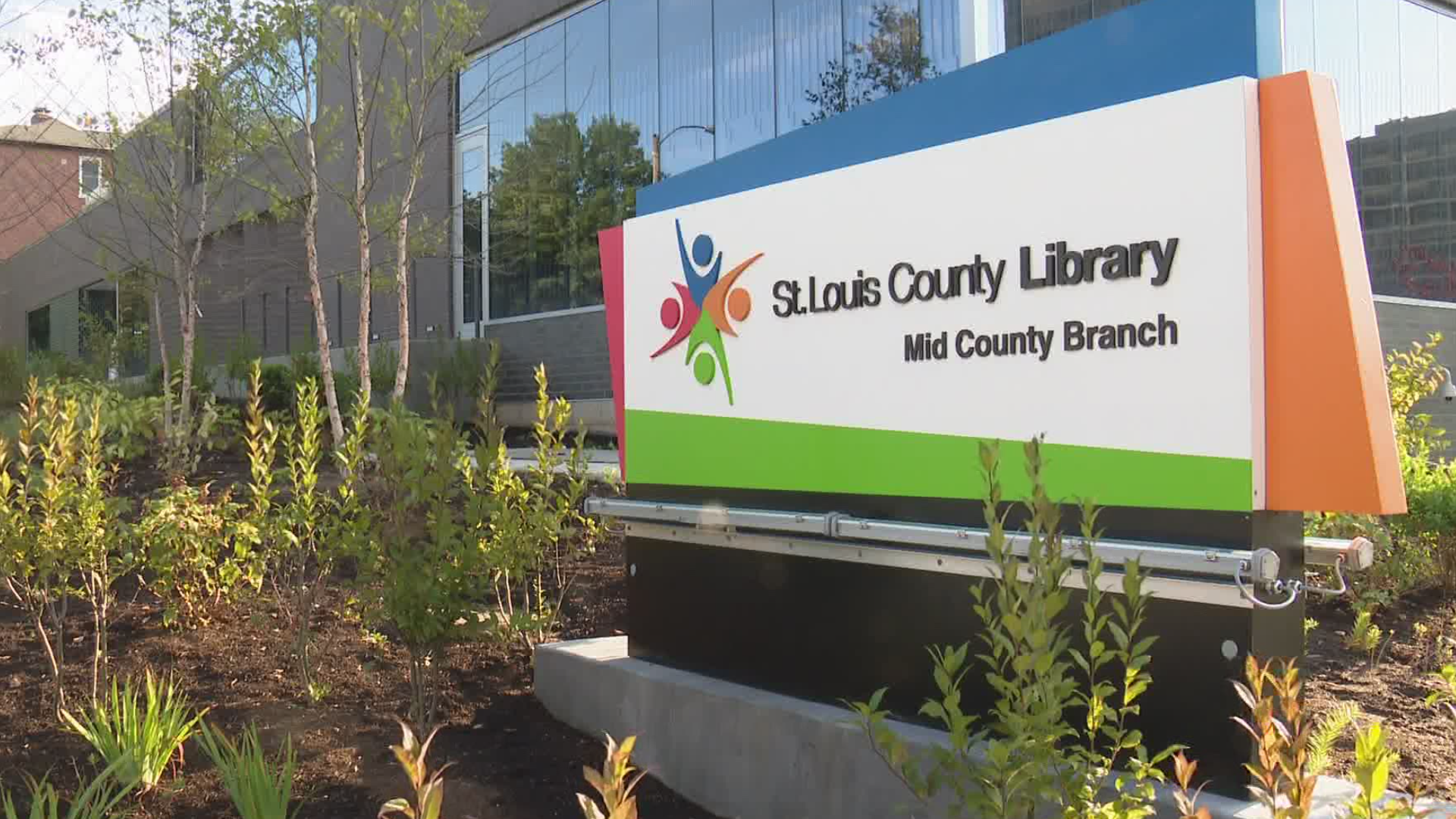ST. LOUIS — Most of Left Bank Books’ employees have been taking shifts filling no-contact orders at the Central West End shop since its mid-March shutdown to customers due to the pandemic.
But when Kris Kleindienst, co-owner of the independent bookstore, entered in the first few days of its new format, she discovered something unusual: The staff works with the lights off.
“I’m surprised that they seem very happy to work in the dark all day,” she said.
But that’s about the only thing good about operating in the dark.
Before the pandemic, Left Bank Books’ annual sales were approaching $2 million, mostly from in-store sales. But once the pandemic forced Left Bank to close to in-person customers, the future looked bleak. A rough first quarter didn’t leave it with enough revenue to meet expenses.
Hitting that $2 million projection remains an unknown, but the shift into an online and phone ordering format is giving it a fighting chance. While the cost-per-sale online is higher, Left Bank is selling a lot more: Sales in April were 24% higher than a year earlier. And sales in May are already 28% over a year ago.
“I feel cautiously optimistic,” she said. “We’ve managed to survive the unthinkable now for a couple of months, and I see the resiliency in the community at large, and the creativity of all of the small businesses, and that people are responsive to that. There is a huge swath of the population that is in big trouble, but I think we can hold our own, if we just don’t run out of steam.”
In only took two days after the city’s stay-at-home directives on March 23 for Kleindienst and co-owner Jarek Steele to pivot the business to online and phone orders for curbside pickup, shipping or delivery. The store had to lay off three people in March as it reduced hours. Now, all 17 full- and part-time employees are back working, albeit with adjustments to allow some to work from home and to accommodate child care.
The store lost nearly all of its event programming, which accounted for 20% of income. It’s held virtual events, but sold fewer books. It eventually obtained an $88,000 federal Payroll Protection Program (PPP) loan, which provided some relief, though Kleindienst remains somewhat nervous about meeting the changing requirements for the loan to be forgivable.
“The sort of cash flow of all this is still pretty nerve wracking,” she said.
Not only does each online sale cost more, but it also takes more time. Processing a sale online takes as long as 30 minutes compared with the short checkout for a walk-in customer or the time it takes to sell 100 copies at a live event.
Click here for the full story.
More from the Business Journal
- St. Louis T-shirt shop finds salvation in the city flag
- A tomato farmer, with restaurant customers vanishing, sows unlikely opportunity during pandemic
- How 5 St. Louis restaurants fared in first week back to dine-in service
- St. Louis restaurant owner, known for baring his emotions, agonizes over the unknown
- Bayer reportedly reaches deal to settle up to 85,000 Roundup suits
- At Belleville's Skyview Drive-In, 'the virus has been a boon for business'




